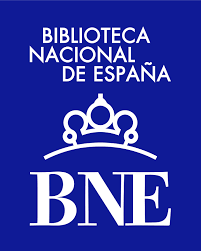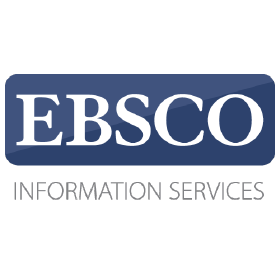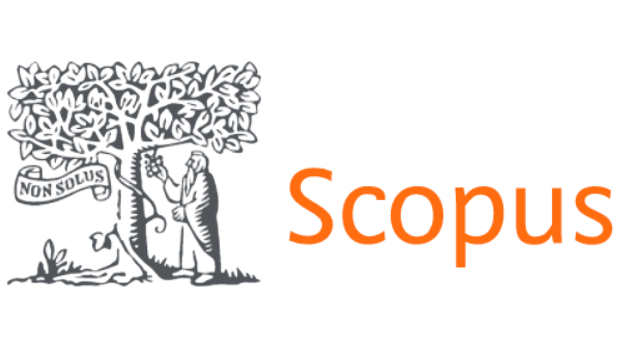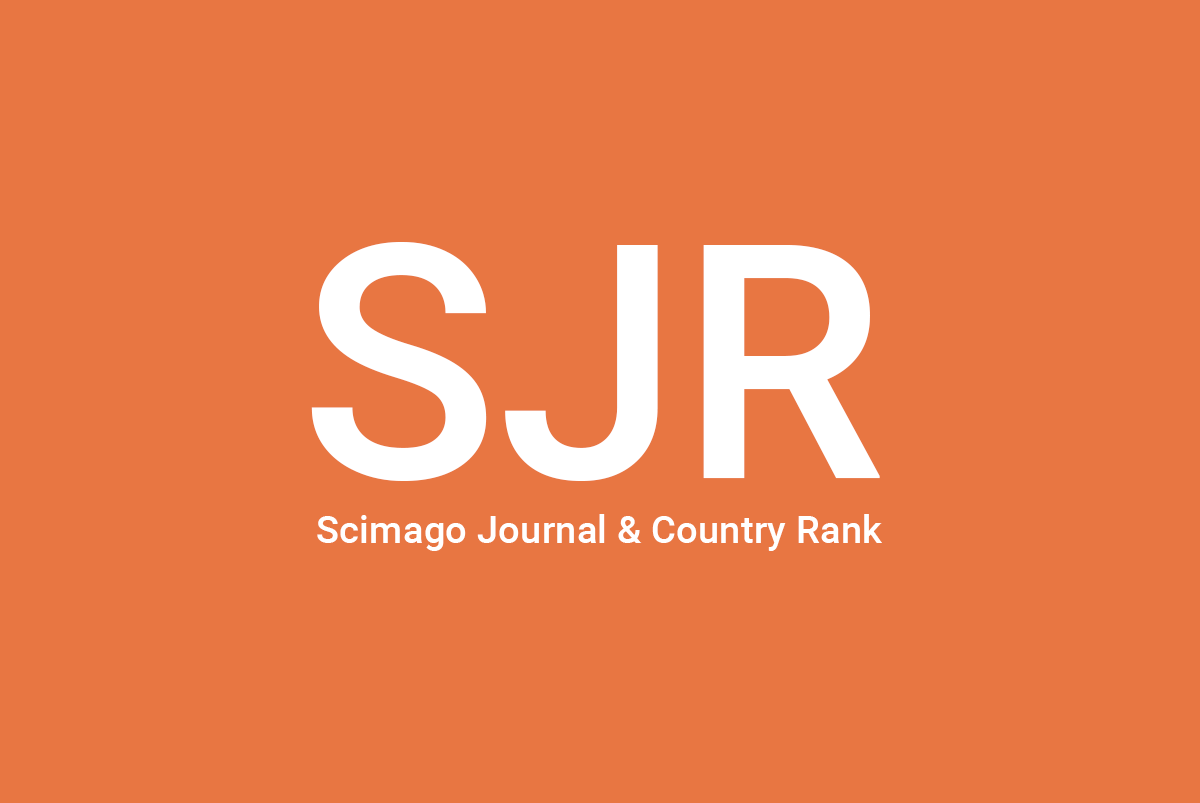The Idea of Life as the First Form of Truth and Freedom
DOI:
https://doi.org/10.24310/Studiahegelianastheg.v7i.12389Keywords:
Life; Idea; Organic Unity; Life-Process; GenusAbstract
In Hegel’s philosophy, both truth and genuine freedom belong to the domain of the Idea. Life, as it is categorized in the Science of Logic, is the first form and stage of the Idea, and is therefore essential for a comprehension of truth and self-determination. In this paper, I explore why and to what extent Life is self-determining and true. Considering what Hegel considers to be the three fundamental features of all life, I explain how life is self-determining with respect to its organic unity, relationship with the other, and reproductive process. I explicate how the living individual develops and sustains the collective unity of its objectivity, distinguishes itself from its other, yet sustains and regenerates itself through it, and how it raises its universal identity beyond its particular existence through reproduction.
Downloads
Metrics
Publication Facts
Reviewer profiles N/A
Author statements
Indexed in
-
—
- Academic society
- N/A
- Publisher
- Universidad de Málaga
References
Ebetürk, Emre. 2017. “Hegel’s Idea of Life in Logic and Nature.” PhD diss., University of Georgia, 2017.
Hegel, G. W. F. Philosophy of Nature, Part II of the Encyclopaedia of the Philosophical Sciences. Translated by A.V. Miller. Oxford: Oxford University Press, 2004. [EL]
Hegel, G. W. F. The Science of Logic. Translated by Georgia Di Giovanni. Cambridge: Cambridge University Press, 2010. [SL]
Hegel, G.W.F., Wissenschaft der Logik II. Erster Teil. Die objektive Logik. Zweites Buch. Zweiter Teil. Die subjektive Logik. Werke in zwanzig Bänden. Edited by Eva Moldenhauer und Karl Markus Michel. Frankfurt am Main: Suhrkamp, 1970. [Werke 6]
Hegel, Georg Wilhelm Fredrich. Georg Wilhelm Friedrich Hegel: Encyclopedia of the Philosophical Sciences in Basic Outline, Part 1, Science of Logic. Edited by Klaus Brinkmann and Daniel O. Dahlstrom. Cambridge: Cambridge University Press, 2015.
Kisner, Wendell. Ecological Ethics and Living Subjectivity in Hegel’s Logic: The Middle Voice of Autopoietic Life. New York: Palgrave Macmillan, 2014.
Moss, Gregory Scott. “The Being of the Concept: A Historical and Systematic Inquiry.” PhD diss., University of Georgia, 2014.
Spahn, Christian. Lebendiger Begriff - Begriffenes Leben: Zur Grundlegung der Philosophie des Organischen bei G.W.F. Hegel. Würzburg: Königshausen u. Neumann, 2007.
Spieker, Michael. Wahres Leben denken: Über Sein, Leben und Wahrheit in Hegels Wissenschaft der Logik. Hamburg: Felix Meiner Verlag, 2009.
Trisokkas, Ioannis. Pyrrhonian Scepticism and Hegel’s Theory of Judgement: A Treatise on the Possibility of Scientific Inquiry. Leiden: Brill, 2012.
Winfield, Richard Dien. Hegel and Mind: Rethinking Philosophical Psychology. Palgrave Macmillan, 2009.
Winfield, Richard Dien. Hegel’s Science of Logic: A Critical Rethinking in Thirty Lectures. New York: Rowman & Littlefield Publishers, 2012.
Winfield, Richard Dien. The Living Mind: From Psyche to Consciousness. New York: Rowman & Littlefield Publishers, 2011.
Downloads
Published
How to Cite
Issue
Section
License
This journal provides immediate free access to its content under the principle of making research freely available to the public. All contents published in Studia Hegeliana. Journal of the Spanish Society for Hegelian Studies, are subject to the Creative Commons Attribution-NonCommercial-ShareAlike 4.0 licence (specifically, CC-by-nc-sa), the full text of which can be found at <http://creativecommons.org/licenses/by-nc-sa/4.0>. Derivative works are therefore permitted as long as they are not used for commercial purposes. The original work may not be used for commercial purposes. The journal is not responsible for the opinions expressed by the authors of the works published in it.
It is the authors' responsibility to obtain the necessary permissions for images that are subject to copyright.
Authors whose contributions are accepted for publication in this journal retain the copyright. It is non-exclusive right to use their contributions for scholarly, research and educational purposes, including self-archiving or deposit in open access repositories of any kind.
Since volume 7 of 2021 the journal Studia Hegeliana has changed the copyright. Since that year the authors have retained the copyright.
The electronic edition of this journal is published by the Editorial de la Universidad de Málaga (UmaEditorial), being necessary to cite the source in any partial or total reproduction.

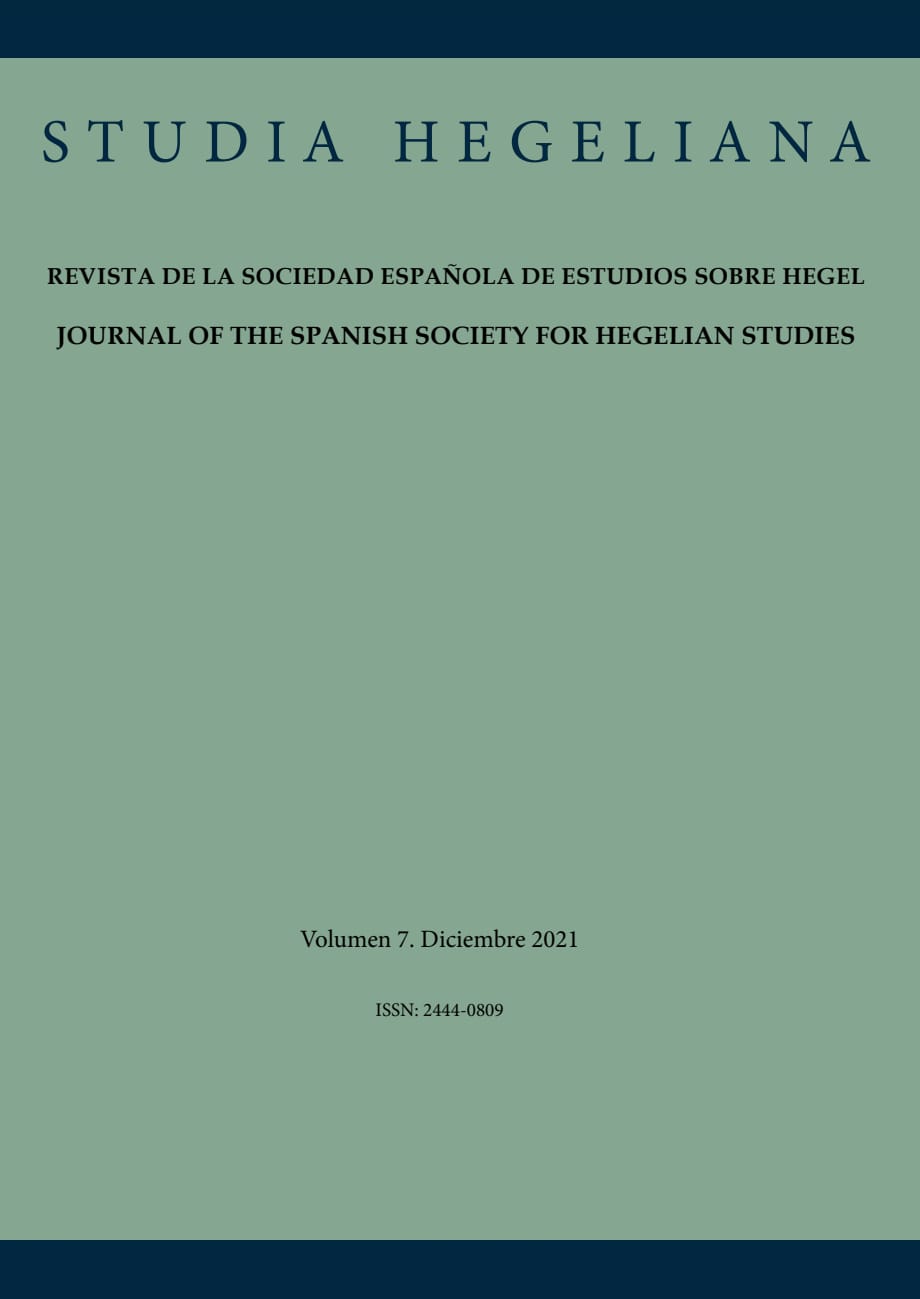




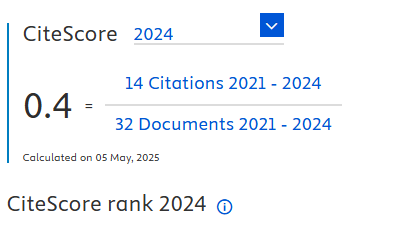
244.png)











